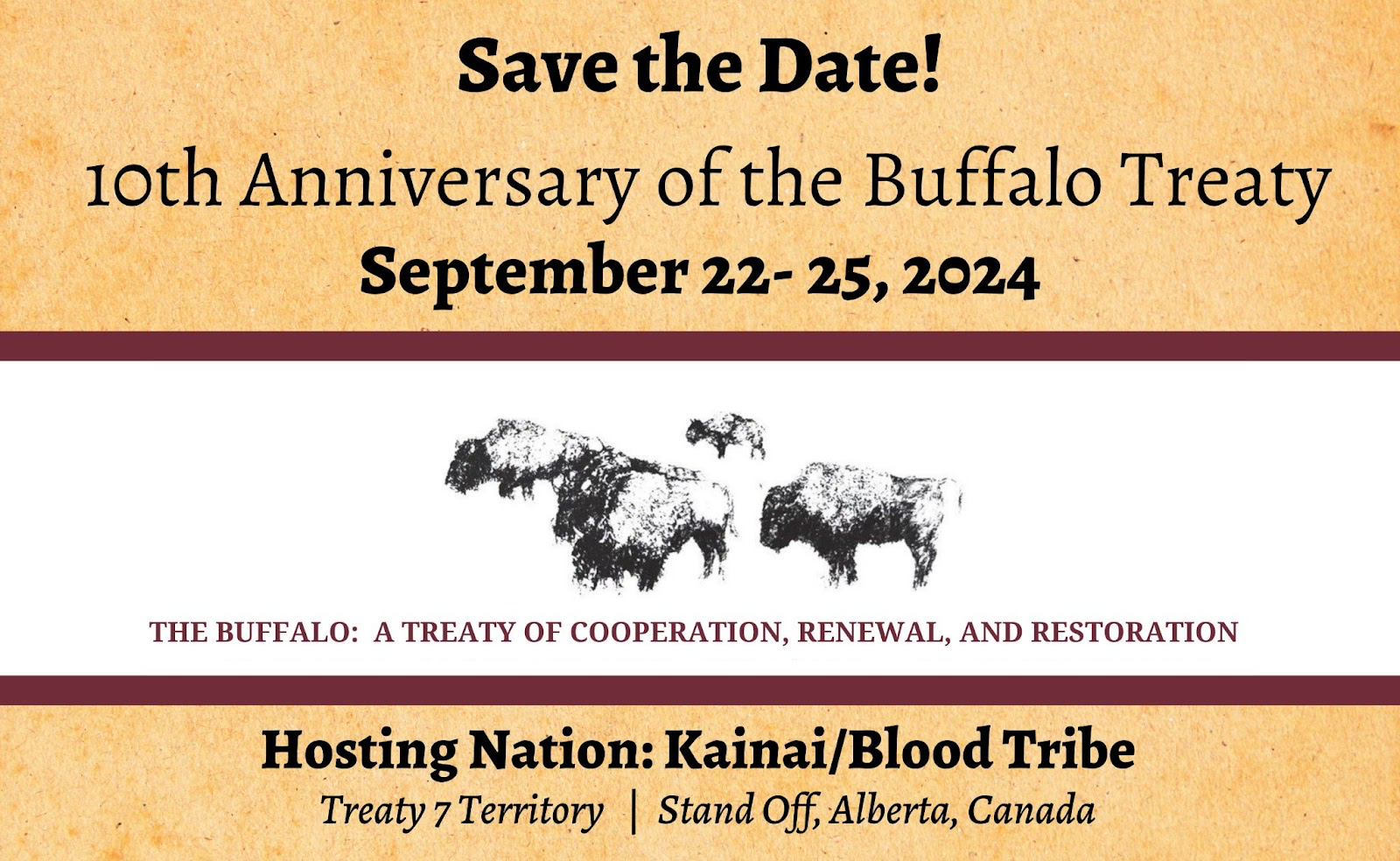Current News
Co-Development Project Coordinator
April 17, 2024We are seeking a First Nations, Métis, or Inuit person to fill this position, but all qualified candidates are encouraged to apply. First Nations, Métis, or Inuit applicants are asked […]
Read More>Buffalo Treaty 10th Anniversary
March 27, 2024Mark your calendars for the 10-year anniversary of the Buffalo Treaty on September 22nd – 25th! Come visit with your Buffalo relatives and renew your relationship with the Buffalo Treaty. […]
Read More>CLOSED: Climate Change Associate
March 18, 2024Ready to be part of something exciting? We need your skills! The Centre for Indigenous Environmental Resources (CIER) invites applicants for the position of Climate Change Associate. The successful candidate will […]
Read More>CLOSED: Climate Change Project Manager
March 18, 2024Ready to be part of something exciting? We need your skills! The Centre for Indigenous Environmental Resources (CIER) invites applicants for the position of Climate Change Project Manager. The successful candidate will […]
Read More>E-Newsletter
Read about the latest indepth stories about CIER: project initiatives, Indigenous communities, supporters..
Podcasting
Youth adding their voices to the conversation about reconciliation and our environment can be very powerful and that’s exactly what youth who attended our Podcasting 101 workshop did




